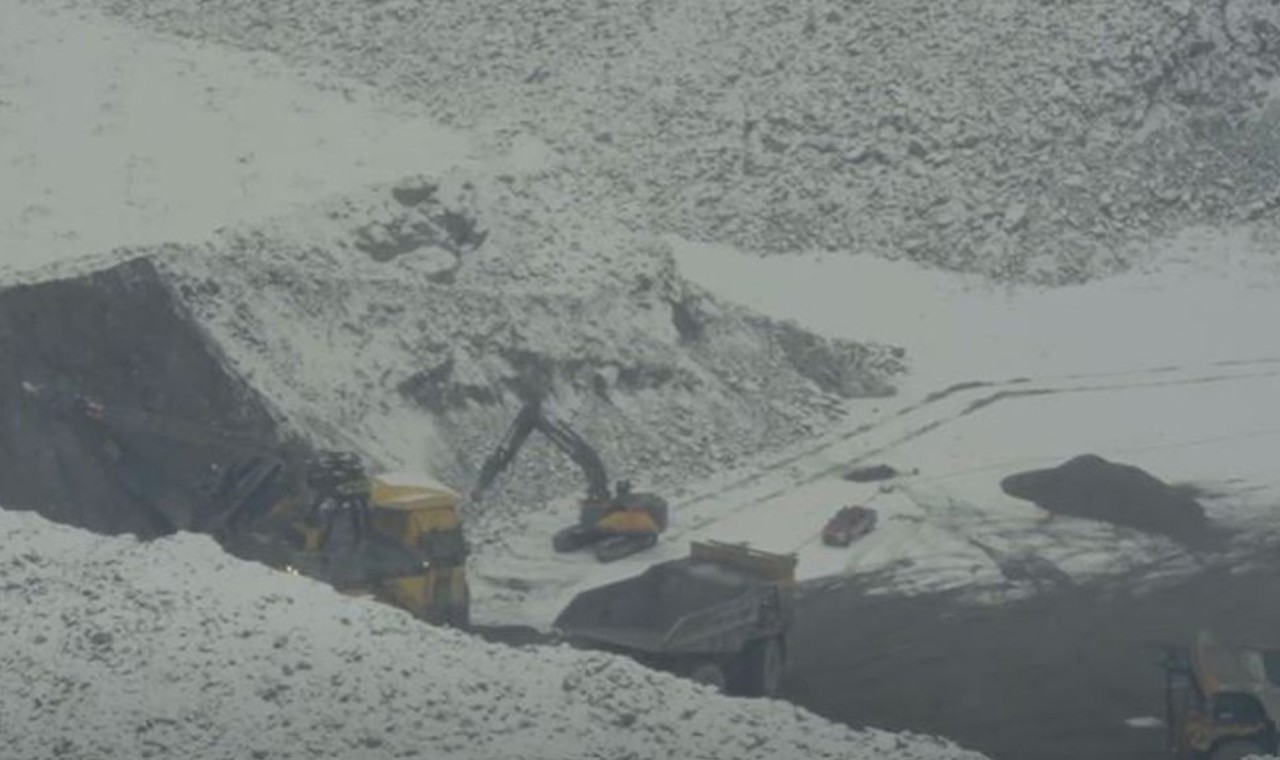EU Discovers Rare Minerals - Clean Energy Boost
Sweden is poised to become a major supplier of natural resources for the European Union following the discovery of Europe's largest deposit of rare minerals ever found in northern Sweden, Euronews reports.

This significant discovery is expected to have a profound impact on the EU's transition to clean energy.
The rare earth elements found in Sweden are crucial for the production of high-tech components and batteries, making them increasingly important in the current global climate. This discovery comes at an opportune time as the EU seeks to reduce its dependence on China, a dominant supplier of these critical materials.
However, the expansion of mining activities brings its own set of challenges. Many local residents, including the Sámi people, the EU's only indigenous population, oppose new mining projects. The Sámi people, who traditionally rely on reindeer herding for their livelihood, fear the potential environmental impact of mining on their lands.
As quoted, Niila Inga, a reindeer herder, expressed the concerns of her community: "We know how much a mine affects the reindeer herding community. They need this land for their grazing. So we have to leave."
In a bid to address the growing demand for metals and mitigate supply chain vulnerabilities, the EU recently adopted the Critical Raw Materials Act. This act aims to strengthen the European critical raw materials value chain by diversifying import sources and reducing reliance on single suppliers. Additionally, the Act emphasises improving the EU's ability to monitor and mitigate risks of supply disruption, while promoting circularity and sustainability in the raw materials sector. Experts, however, anticipate potential tensions arising as member states compete to secure access to these critical resources.
The EU's ambitious clean energy transition plan necessitates a significant increase in the production of batteries, solar panels, permanent magnets, and other clean technologies. This transition hinges on securing generous access to a wide range of raw materials. The newly discovered rare earth elements in Sweden are a welcome development for the EU, but the bloc will still need to address the environmental and social concerns associated with mining activities.
Translation by Iurie Tataru






